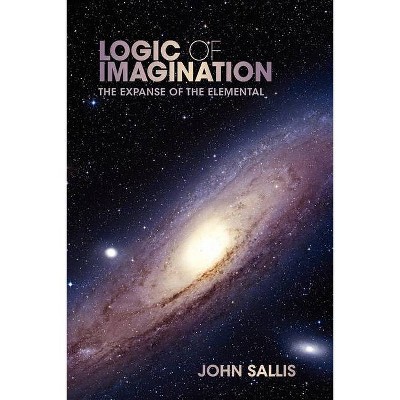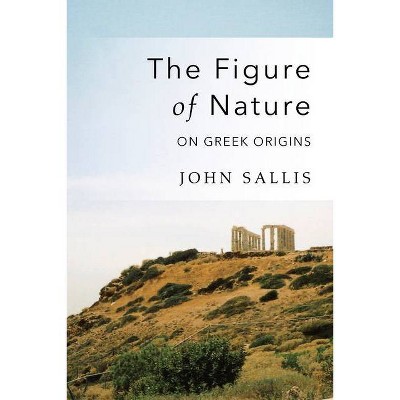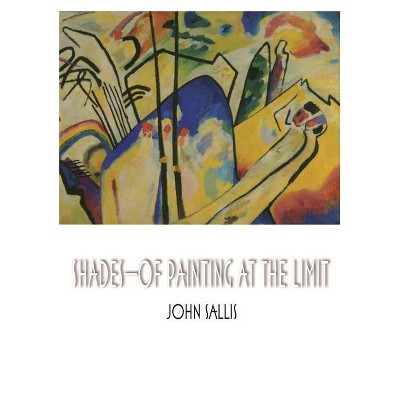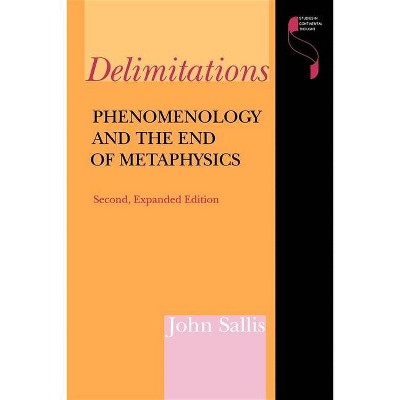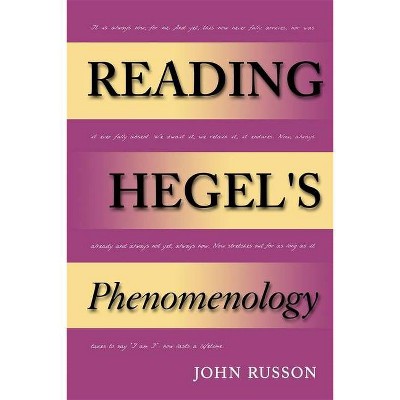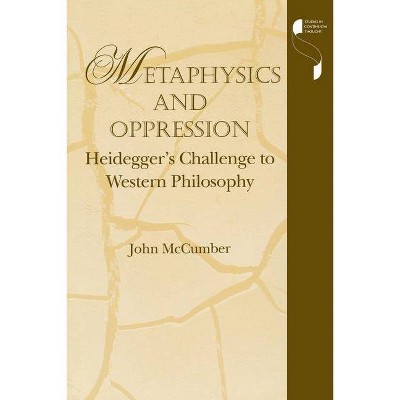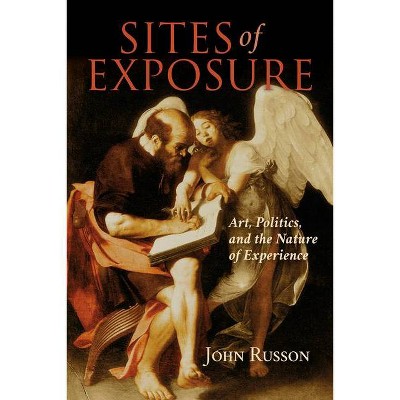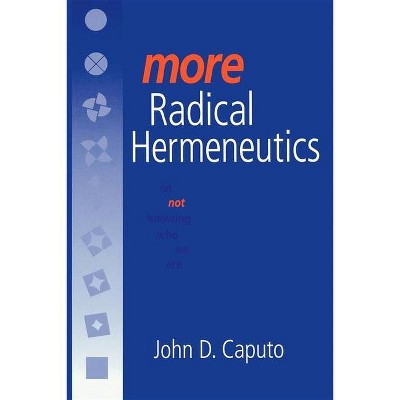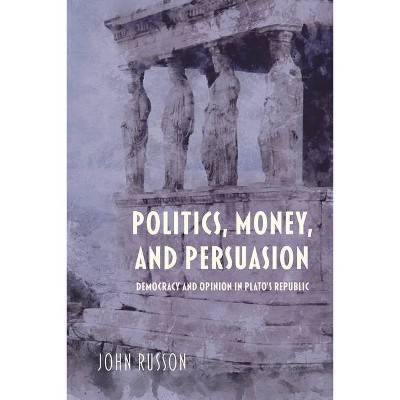On Translation - (Studies in Continental Thought) by John Sallis (Paperback)
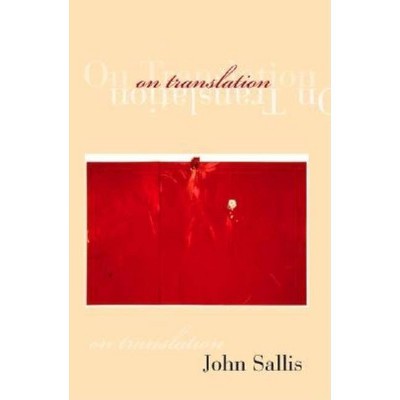
Similar Products
Products of same category from the store
AllProduct info
<p/><br></br><p><b> About the Book </b></p></br></br>Drawing on Jakobson, Gadamer, Benjamin, and Derrida, Sallis shows how the classical concept of translation has undergone mutation and deconstruction.<p/><br></br><p><b> Book Synopsis </b></p></br></br><p>Everyone complains about what is lost in translations. This is the first account I have seen of the potentially positive impact of translation, that it represents . . . a genuinely new contribution. --Drew A. Hyland</p><p>In his original philosophical exploration of translation, John Sallis shows that translating is much more than a matter of transposing one language into another. At the very heart of language, translation is operative throughout human thought and experience. Sallis approaches translation from four directions: from the dream of nontranslation, or universal translatability; through a scene of translation staged by Shakespeare, in which the entire range of senses of translation is played out; through the question of the force of words; and from the representation of untranslatability in painting and music. Drawing on Jakobson, Gadamer, Benjamin, and Derrida, Sallis shows how the classical concept of translation has undergone mutation and deconstruction.</p><p/><br></br><p><b> Review Quotes </b></p></br></br><br><p>Sallis, author of this brief but rich monograph, is general editor of the Studies in Continental Thought series in which this volume appears. Although he accords Continental thinkers, such as Heidegger, Kant, Nietzsche, and Schlegel, ample room, he pays enough attention to the works of Shakespeare (especially A Midsummer Night's Dream), the ancient Greeks, and others to make this exciting, if exacting, reading for specialists and for those whose interests cross disciplines. The major chapters of this book, Scenes of Translation at Large and Translation and the Force of Words, are framed by two shorter, but no less provocative chapters--The Dream of Nontranslation and Varieties of Untranslatability. Taken as a whole, these chapters, which developed out of academic lectures at institutions located from Connecticut to Bangkok, may be accessible to advanced undergraduates, but they will appeal most to those who are more advanced in their research and scholarship. Summing Up: Recommended. Upper-level undergraduates and above.</p>--L. J. Greenspoon "Creighton University, 2003jun CHOICE"<br><p/><br></br><p><b> About the Author </b></p></br></br><p>John Sallis is Edwin Erle Sparks Professor of Philosophy at Pennsylvania State University. His books include Force of Imagination: The Sense of the Elemental; Chorology: On Beginning in Plato's Timaeus; and Shades--Of Painting at the Limit (all Indiana University Press).</p>
Price History
Price Archive shows prices from various stores, lets you see history and find the cheapest. There is no actual sale on the website. For all support, inquiry and suggestion messagescommunication@pricearchive.us
